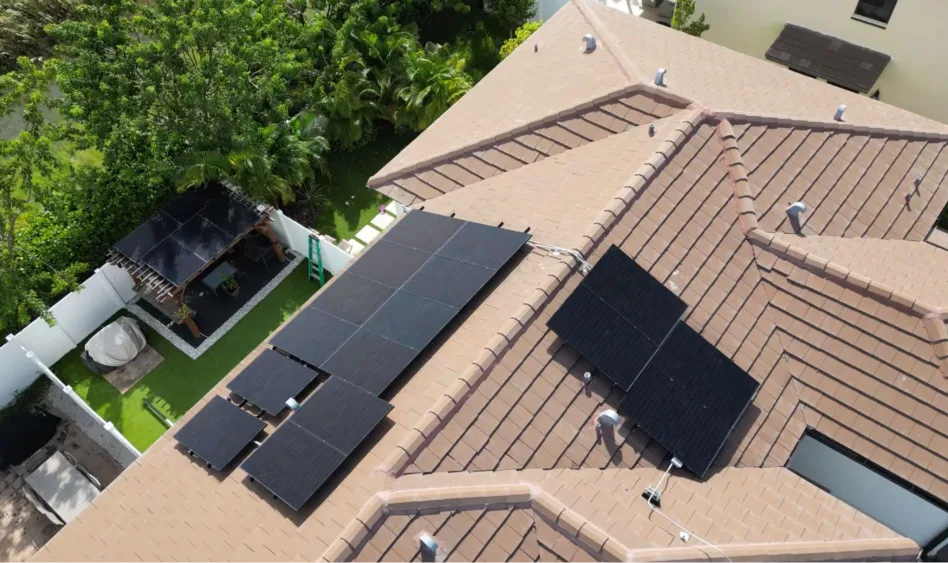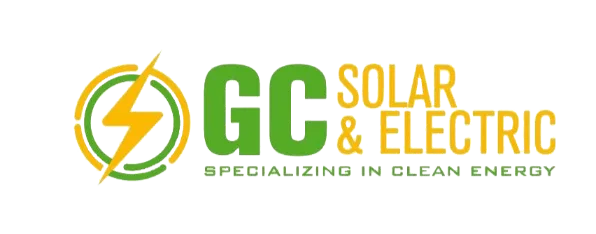
Solar panels are an excellent solution for generating clean energy and reducing electricity costs. However, many owners are unaware of how air quality impacts the efficiency of their solar systems. Dust, soot, pollen, and other pollutants can accumulate on the panel surface, significantly reducing their energy generation capacity.

Maintaining clean solar panels and understanding the impact of environmental pollution can make a significant difference in the amount of energy generated and the overall profitability of a solar system.

